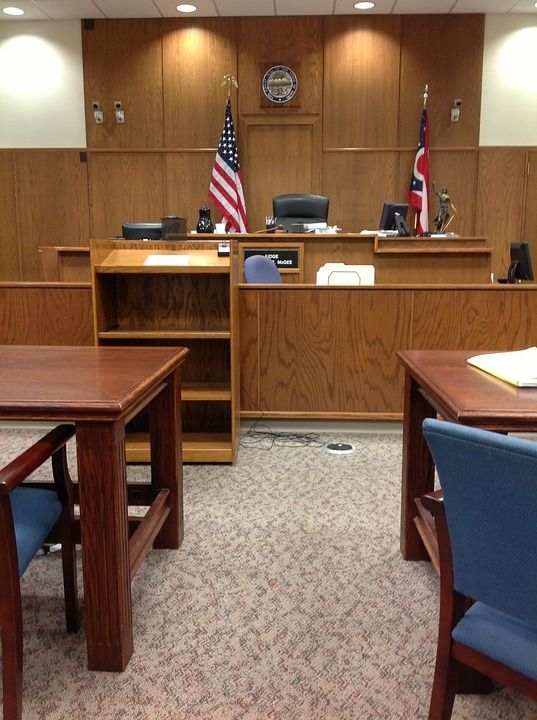
Tips on Handling Yourself in Divorce Court
The best advice during a divorce is to try to settle the divorce outside the courtroom, but in many cases that is not possible. This is due to many reasons such as you and your spouse can’t reach an agreement on many issues in your divorce, your spouse won’t pay court-ordered support, he or she doesn’t follow the visitation schedule, your spouse gets abusive, and many other reasons. Two types of legal actions that may bring your case into court are motions and trials.
Motions can be made either before or after a trial. If they are made before the trial, they are typically made by a party to the case to obtain the security of a court order that will govern some aspect of the parties’ issues until the time of trial. This is called a pretrial motion. They are used to resolve issues such as the amount one spouse should be required to pay to the other for child support and/or spousal support pending the trial. Temporary custody orders are determined in a pretrial motion. Normally temporary possession of the family home is determined in a pretrial motion. Any necessary protection orders are also put into place at this time. If made after a trial, they are to modify or enforce the orders already in place.
The trial allows the judge to hear the evidence produced by the parties. After hearing the evidence, the judge will decide any issues the parties have not been able to resolve on their own. There are two types of trials: uncontested and contested. Uncontested divorces are handled fairly easily as the spouses are in agreement. Contested divorces, however, very little is agreed upon, leaving the decisions to be made by the judge.
Suddenly finding yourself in a courtroom before a judge can be intimidating and nerve-wracking. If you find yourself in this situation, here are a few tips to make your court appearance as smooth and stress-free as possible.
- Hire an experienced family law attorney and LISTEN to his or her advice. You are hiring them for their knowledge and expertise, so listen to them and follow their advice. An experienced attorney such as Kevin Hickey has been down the divorce court path many times before with all different types of cases and situations. Let his experience work for you.
- Dress appropriately. The way you dress conveys respect for the court, helping create a positive impression. Professional attire is always recommended---nothing too revealing or outrageous. No hats or caps!
- Never, ever arrive late. Aside from the obvious, of giving the impression that you don’t respect the court and its schedule, you are mentally not as prepared if you are running late. Arriving early allows you time to mentally prepare for the trial and avoid being flustered by arriving at the last minute.
- Always have good courtroom etiquette. This involves standing when the judge enters the courtroom, sitting upright and paying attention to everything being said. Eating and drinking are not allowed in the courtroom and for Pete’s sake...no gum! Finally, turn off your cell phones before entering the courtroom.
- Remain calm and hold back emotions. Allow your attorney to take the lead and you should remain silent until your attorney or the judge directs you to speak. Keep your emotions in check and focus on the legal aspects of your case. If emotions take over, it is hard to hold them back causing you to blurt out something that should have not been said.
- When the judge asks you a question, speak clearly, concisely and be direct with your answers. You should never interrupt the judge before he or she finishes.
- Watch your body language. Avoid crossing your legs or arms while speaking, facial expressions, and/or eye rolling. All of these things will put you in a negative light to the judge.
Remember, even the smallest of details can make a huge difference in the final judgment. Following these seven simple steps will help strengthen your case because everything you say and do inside the courtroom can potentially affect the terms of your divorce and/or custody agreement.
Kevin Hickey Law Partners is here for you and ready to take on your divorce. Let our experience and expertise work for you and your case.
